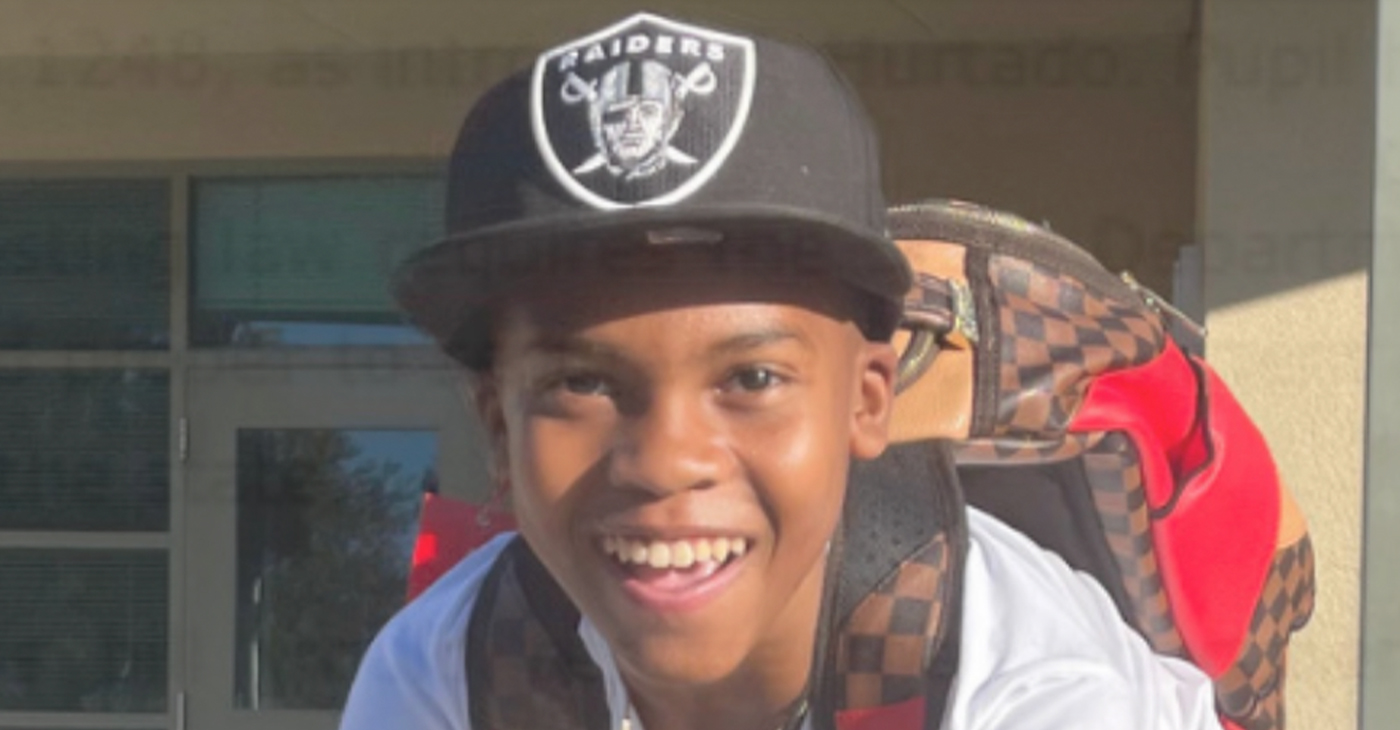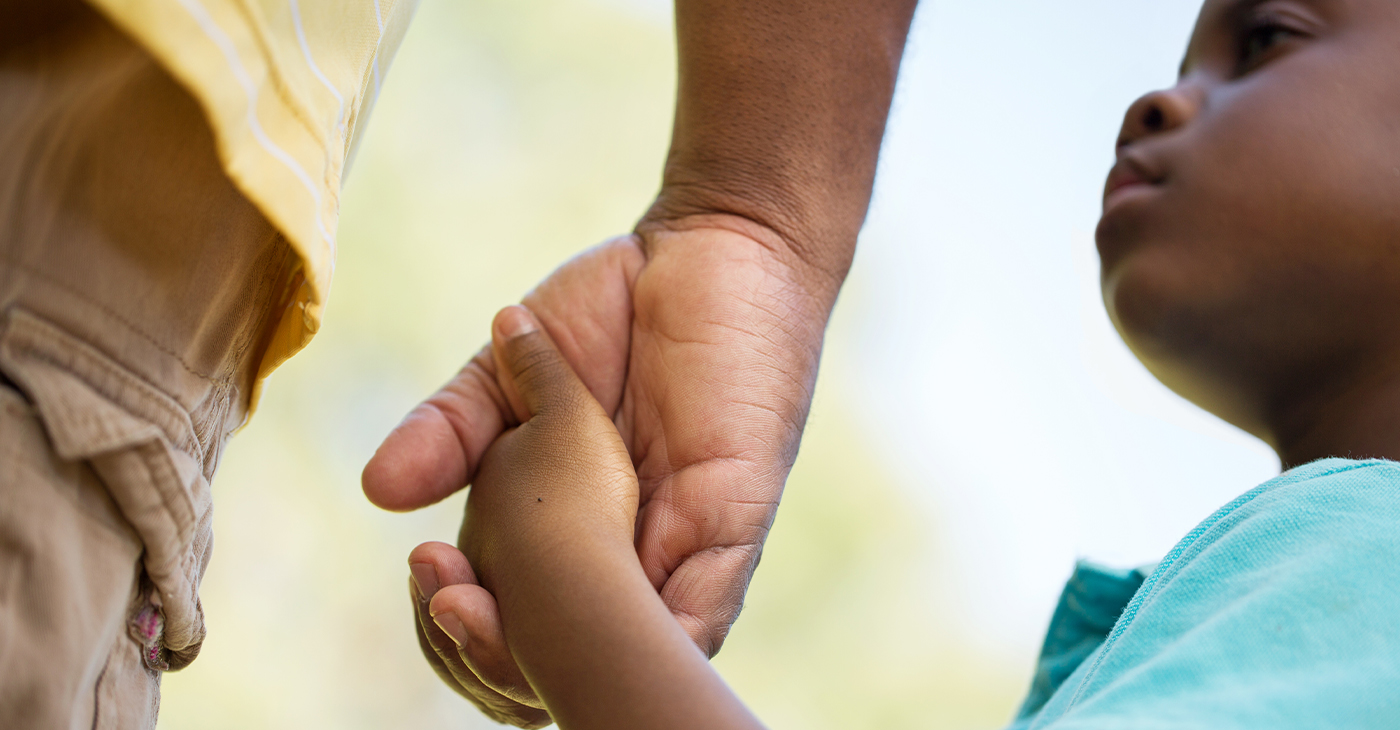Government
Hogan Vetoes ‘Ban the Box’ Legislation, Majority of Bills Go into Law Without Signature
WASHINGTON INFORMER — Maryland Gov. Larry Hogan decided to not sign more than 200 bills into law, but he chose to veto eight pieces of legislation.
By William J. Ford
Maryland Gov. Larry Hogan decided to not sign more than 200 bills into law, but he chose to veto eight pieces of legislation the majority Democratic legislature may override when lawmakers reconvene in January.
One of the bills the Republican governor vetoed Friday is “ban the box,” legislation lawmakers passed to allow returning citizens a better opportunity for employment.
“However, when and how an employer asks about criminal history is a decision that should be left to employers, not dictated by the legislature and micro-managed in the annotated code,” Hogan wrote in a letter to Senate President Thomas V. Mike Miller Jr. and House Speaker Adrienne Jones.
Another bill vetoed by the governor dealt with undocumented immigrants to pay in-state tuition at four-year public colleges and universities if they received a high school diploma or an equivalent. The bill sponsored by Del. Eric Luedtke (D-Montgomery County) also eliminated the community college requirement to receive in-state tuition from legislation approved in 2012.
Hogan said in a separate letter to Miller and Jones the law narrowly expanded existing law and excluded Marylanders with a green card or has U.S. citizenship.
“This is unfair and unacceptable,” Hogan said.
The governor rejected a bill to abolish the Handgun Permit Review Board he called “just another in a long series of politically motivated and ill-conceived power grabs” to not allow judges decide who receive a concealed permit.
The other five bills vetoed include increasing the number of employees on freight trains; changes to recover the oyster population in the Chesapeake Bay; rejecting a $3.8 million annual plan toward implementation of bike lanes; collective bargaining agreement procedures; and duties and reports of political appointees.
For lawmakers to override Hogan’s vetoes, the House of Delegates would need 85 votes and 29 from the Senate.
“I am disappointed that Gov. Hogan vetoed so many common sense pieces of legislation, many of which passed the Senate with bipartisan support,” Miller said in a statement. “After we have discussions with Senate leadership and Speaker Jones, I expect the Senate to override several of these vetoes when we return.”
Meanwhile, legislation that will go into law without Hogan’s signature includes a ban on foam packaging, gender-neutral driver’s licenses and dozens of alcohol-related bills that affect local jurisdictions.
One high-profile bill deals with the creation of a prescription drug affordability board, the first in the nation slated to go into effect July 1.
Health care advocates have said the legislation would allow Maryland to become a nationwide model to help curb the high cost of prescription drugs. It will assess those prices for local and state government workers.
“This legislation promises to bring down the costs that governments are paying for drugs, which will benefit taxpayers,” Vincent DeMarco, president of the Maryland Citizen’s Health Initiative, said in a statement. “This board will be a public watchdog and establish fair and affordable costs for state and local governments.”
This article originally appeared in the Washington Informer.
Activism
Oakland Post: Week of April 17 – 23, 2024
The printed Weekly Edition of the Oakland Post: Week of April 17 – 23, 2024

To enlarge your view of this issue, use the slider, magnifying glass icon or full page icon in the lower right corner of the browser window. ![]()
California Black Media
Yahushua’s Law: Senate Advances Bill to Protect Students from Extreme Weather
In a significant move towards student safety, the California Senate Education Committee passed Senate Bill (SB) 1248, also known as Yahushua’s Law, on April 3. The bill is named in memory of Yahushua Robinson, a 12-year-old student from Lake Elsinore, who tragically died due to a heat-related illness during a physical education class in 2023. It is a pioneering effort to prevent similar incidents in the future.

By California Black Media
In a significant move towards student safety, the California Senate Education Committee passed Senate Bill (SB) 1248, also known as Yahushua’s Law, on April 3.
The bill is named in memory of Yahushua Robinson, a 12-year-old student from Lake Elsinore, who tragically died due to a heat-related illness during a physical education class in 2023. It is a pioneering effort to prevent similar incidents in the future.
Authored by Senator Melissa Hurtado (D-Bakersfield) and co-authored by Assemblymember Akilah Weber, M.D. (D-La Mesa), SB 1248 directs the California Department of Education to develop comprehensive guidelines for schools regarding student activity during all extreme weather conditions.
“No student should ever lose their life on campus to extreme weather when we can take steps to protect them by preparing statewide plans to minimize exposure to the most harmful elements of exposure,” Hurtado said after introducing SB 1248.
The bill stipulates that schools must implement safety measures which include monitoring weather forecasts, postponing or relocating outdoor activities during hazardous conditions, and ensuring students have proper hydration and access to shade. It also requires schools to establish clear communication plans to keep parents, teachers, and students informed about potential weather hazards.
Supporters of the bill include the Robinson family, advocate Christina Laster, Bold Enterprises LLC, California Black Women’s Collective Empowerment Institute, Familias Empoderadas del Valle Central National Action Network, The Black Student Advocate, and the Ventura County Alumnae Chapter of Delta Sigma Theta Sorority.
Thanking Hurtado for introducing this crucial legislation, Weber said, “The story of Yahushua Robinson last year was heartbreaking. We have protections for farm workers and other industries in the case of extreme weather, now climate change is forcing us to also extend similar protections to students at school.”
City Government
LAO Releases Report on Racial and Ethnic Disparities in California Child Welfare System
Racial inequalities in California’s child welfare system disproportionately impact poor Black and Native American children, according to a report released April 3 by the nonpartisan Legislative Analyst’s Office (LAO). The report, which was presented to the Assembly Subcommittee No. 2 on Human Services — chaired by Assemblymember Corey Jackson (D-Moreno Valley) — states that the proportion of low-income Black and Native American children in foster care is four times larger than other racial and ethnic groups in the state.

Racial inequalities in California’s child welfare system disproportionately impact poor Black and Native American children, according to a report released April 3 by the nonpartisan Legislative Analyst’s Office (LAO).
The report, which was presented to the Assembly Subcommittee No. 2 on Human Services — chaired by Assemblymember Corey Jackson (D-Moreno Valley) — states that the proportion of low-income Black and Native American children in foster care is four times larger than other racial and ethnic groups in the state. Half of the children from each racial group has experienced some level of child welfare involvement before reaching legal age.
Jackson is a member of the California Legislative Black Caucus.
“Racial and ethnic disproportionality and disparities are present within initial allegations and persist at all levels of the system — becoming the most pronounced for youth in care,” the report states.
The disparities have persisted over the last decade across the state, the LAO found, adding that Black children living in poverty are more likely to enter foster care. State data shows that there is a correlation between poverty and foster placement in each county.
“Throughout all levels of the child welfare system, families experiencing poverty are more likely to come to the attention of and be impacted by the child welfare system,” stated the report.
Overall, the report revealed that more than half of the families affected by the state child welfare system earn $1,000 per month, significantly less than the national average of $5,000 a month.
The financial disparities highlighted in the LAO report align with existing research indicating that poverty is among the main factors contributing to the likelihood of child maltreatment. State anti-poverty programs include cash aid, childcare subsidies, supportive housing, and nutrition assistance.
-

 Activism4 weeks ago
Activism4 weeks agoOakland Post: Week of March 20 – 26, 2024
-

 #NNPA BlackPress3 weeks ago
#NNPA BlackPress3 weeks agoCOMMENTARY: D.C. Crime Bill Fails to Address Root Causes of Violence and Incarceration
-

 #NNPA BlackPress3 weeks ago
#NNPA BlackPress3 weeks agoMayor, City Council President React to May 31 Closing of Birmingham-Southern College
-

 #NNPA BlackPress4 weeks ago
#NNPA BlackPress4 weeks agoFrom Raids to Revelations: The Dark Turn in Sean ‘Diddy’ Combs’ Saga
-

 #NNPA BlackPress4 weeks ago
#NNPA BlackPress4 weeks agoCOMMENTARY: Lady Day and The Lights!
-

 Activism3 weeks ago
Activism3 weeks agoOakland Post: Week of March 27 – April 2, 2024
-

 #NNPA BlackPress4 weeks ago
#NNPA BlackPress4 weeks agoBaltimore Key Bridge Catastrophe: A City’s Heartbreak and a Nation’s Alarm
-

 #NNPA BlackPress4 weeks ago
#NNPA BlackPress4 weeks agoBaltimore’s Key Bridge Struck by Ship, Collapses into Water














































